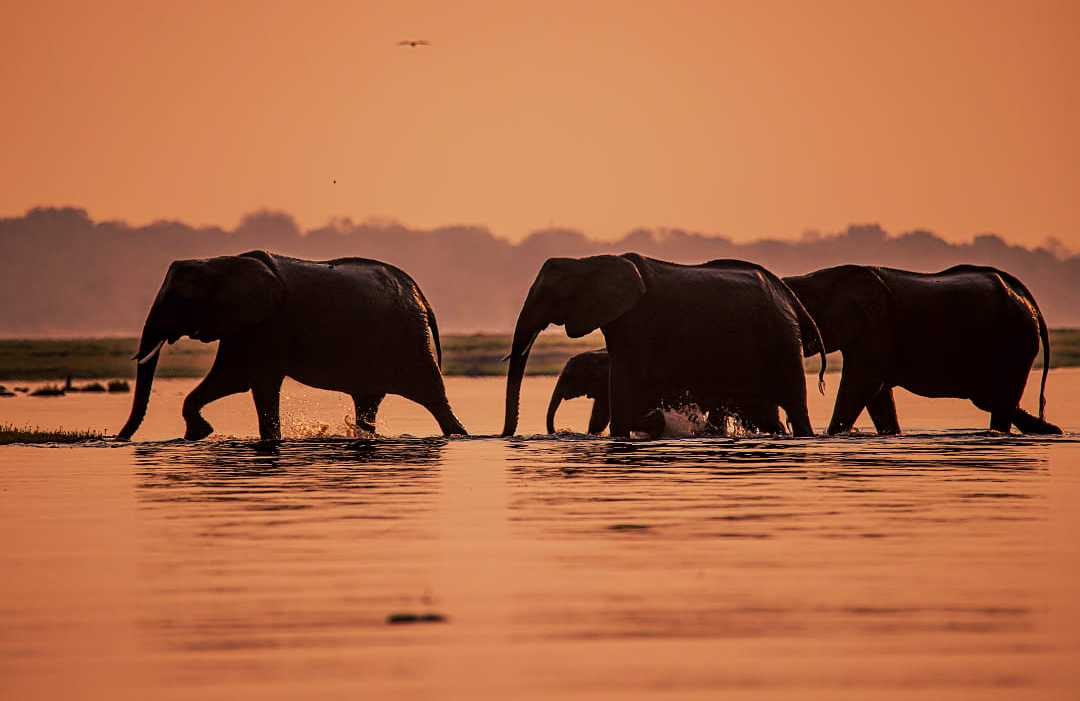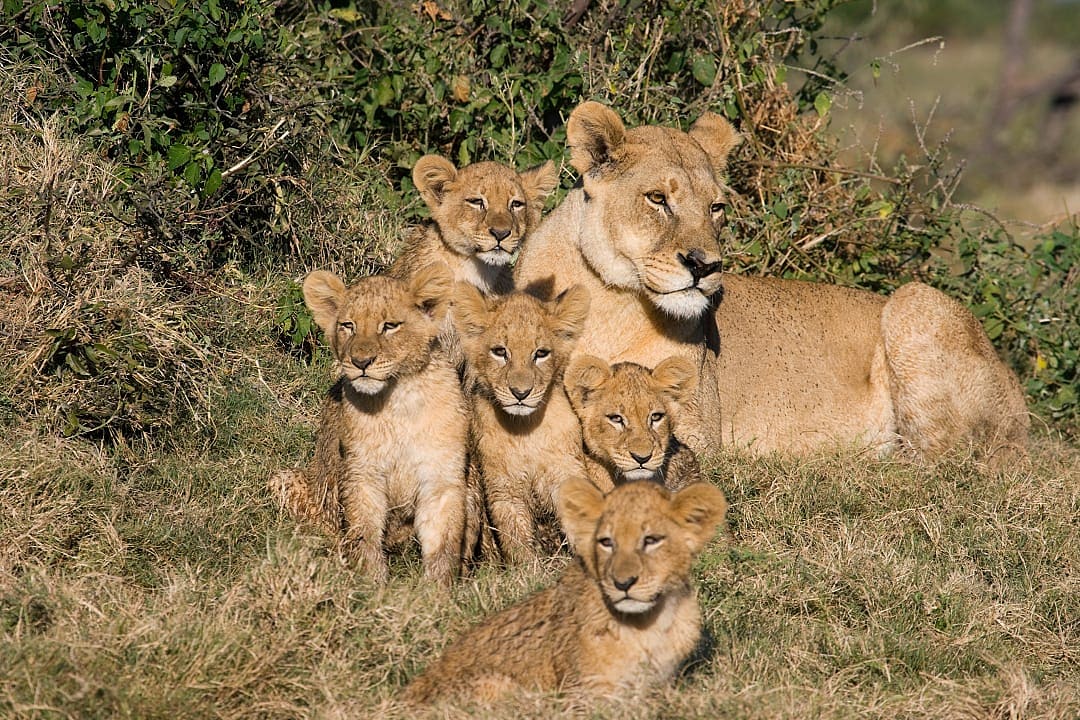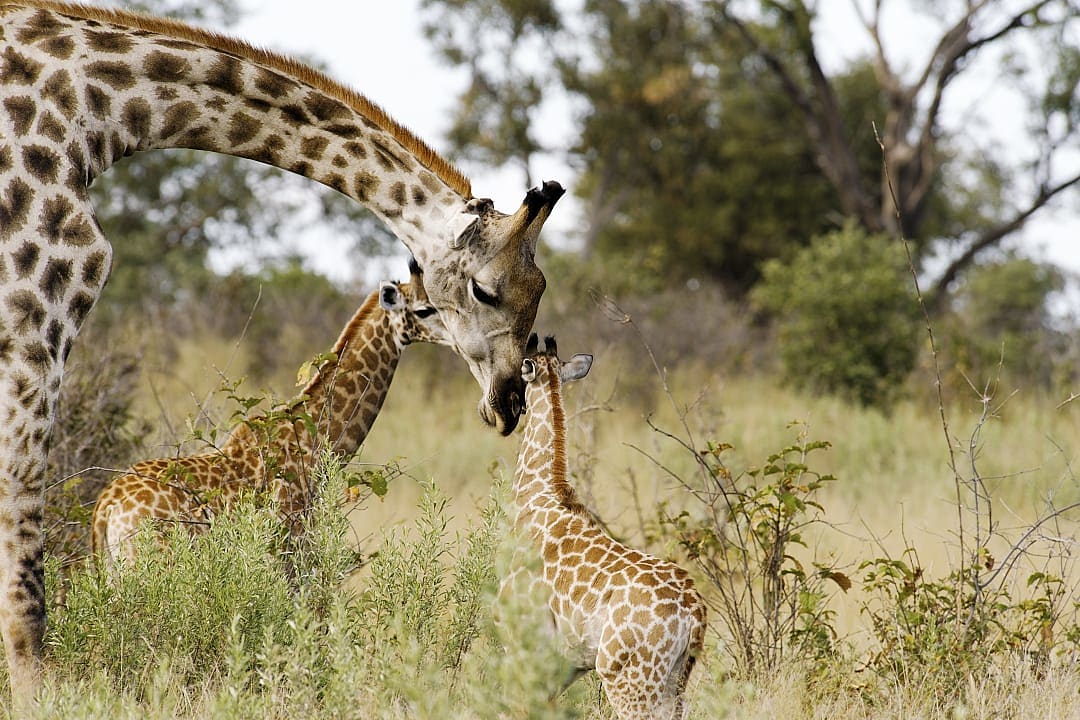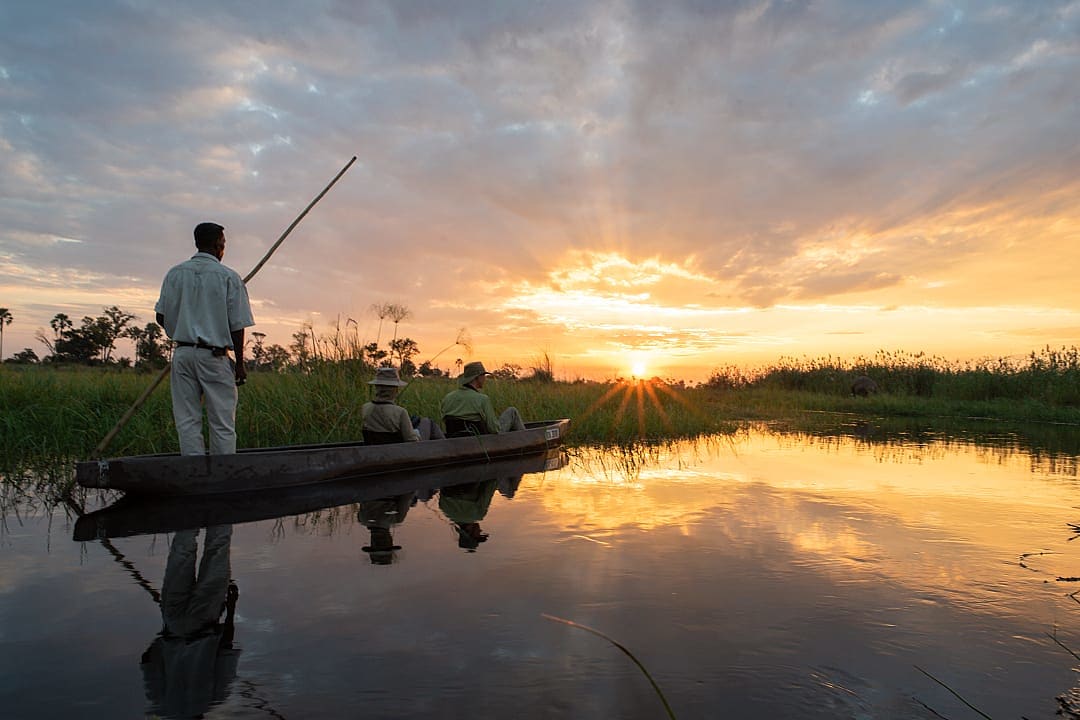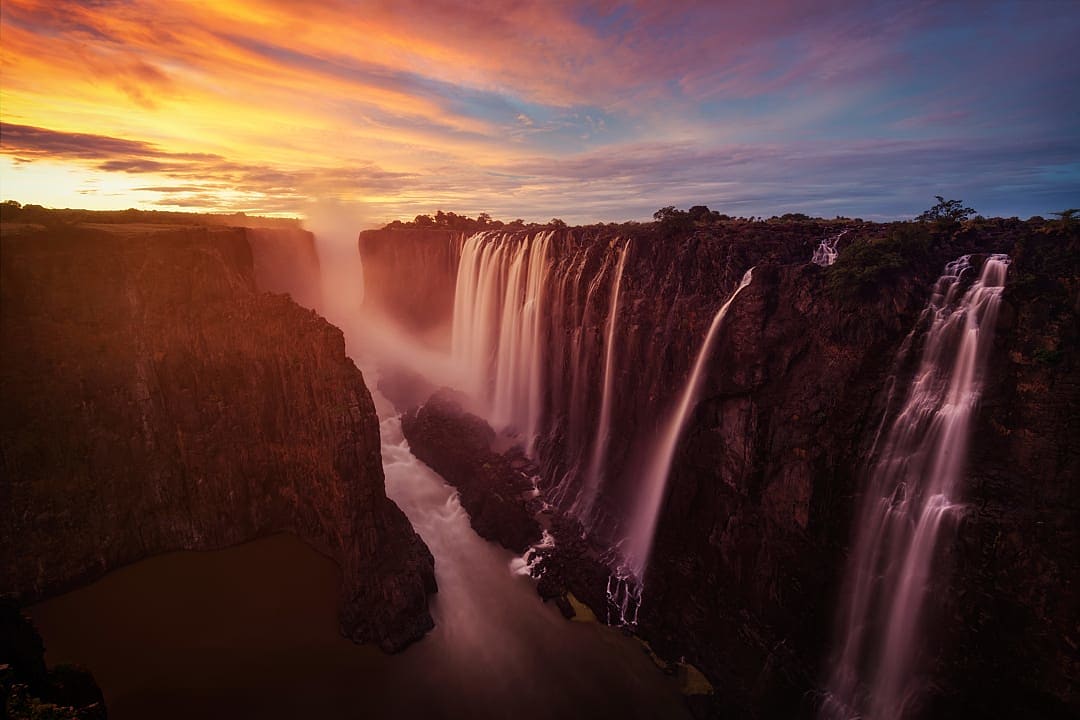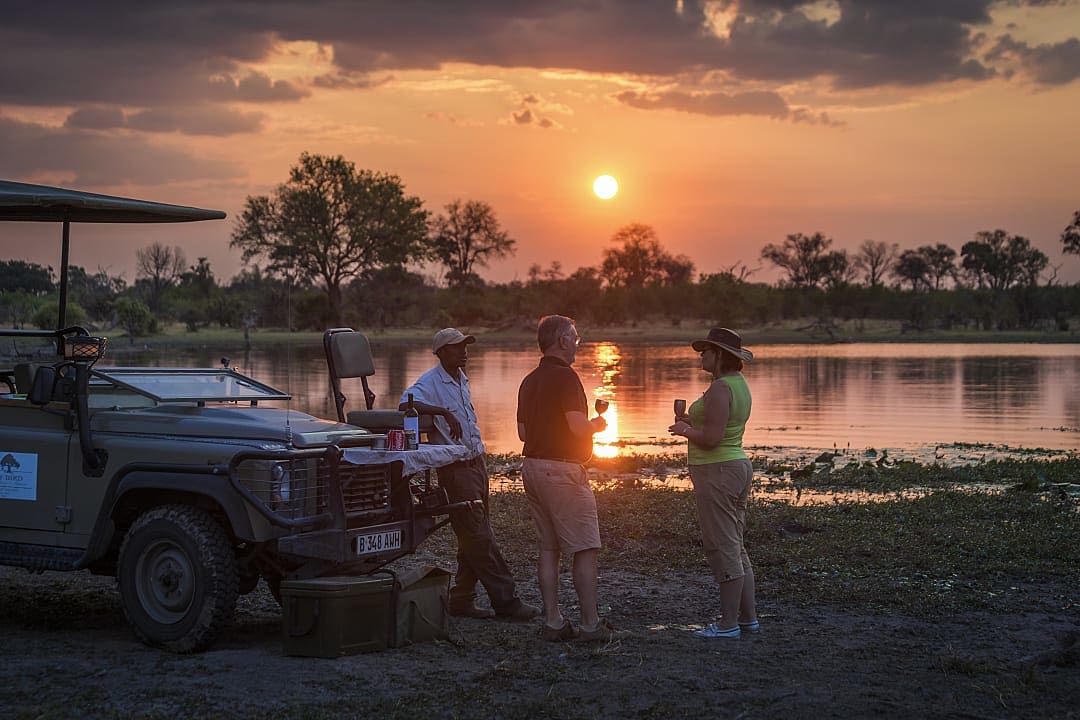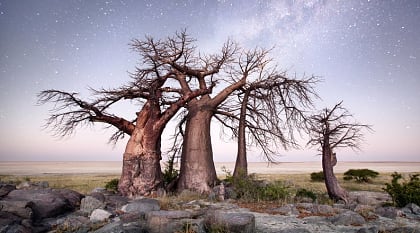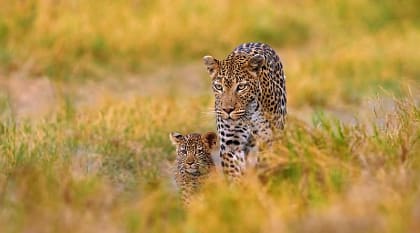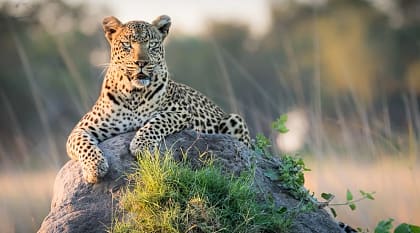A truly memorable Botswana safari is about creating a trip that aligns perfectly with your dreams. While our sample itineraries provide inspiration, they are merely the blueprint for your unique adventure. Understanding the core elements of a Botswana safari, from its conservation philosophy to its logistical framework, is the first step. Our specialists use this knowledge to tailor every detail, ensuring your trip is not just a vacation, but a personal, seamless, and deeply resonant wilderness experience.
Why These Curated Safaris Deliver Unparalleled Value
- Botswana’s High-Value, Low-Impact Philosophy: The country pioneered the "high-value, low-impact" tourism model. By deliberately limiting the number of camps and visitors, it minimizes its environmental footprint, protects its pristine wilderness areas, and ensures safaris are intimate and uncrowded. This philosophy is the foundation of its world-class, sustainable safari industry.
- True Exclusivity: You won't find mass tourism in Botswana. Many of our itineraries use private concessions. These vast tracts of wilderness are reserved exclusively for the guests of a few small, intimate camps. This means no waiting in line for a sighting; it’s often just your vehicle and the wildlife, offering a sense of isolation and a truly personal connection to the bush.
- Flexibility and Freedom: Our specialists craft itineraries that match your pace. In private concessions, you have the freedom to go beyond standard game-drive schedules. You can enjoy activities often prohibited in national parks, such as guided bush walks, night drives to spot nocturnal animals, and off-road driving to get closer to a sighting.
- Direct Conservation Support: Your journey is a direct investment in the future of Botswana's wilderness. The high park and concession fees, which are a core part of the "high-value" model, directly fund anti-poaching units, habitat preservation, and vital community-empowerment projects, ensuring the wildlife and local residents thrive together.
Botswana’s Duality
- Sensory Immersion: Botswana is a land of dramatic contrasts, where you can experience the sensory immersion of the Okavango Delta as you glide silently in a traditional dugout canoe, or mokoro, through lily-filled waterways, hearing only the splash of an oar and the call of a fish eagle.
- Diverse Wildlife: This aquatic paradise is juxtaposed with the stark, magnificent beauty of the Kalahari Desert or the Makgadikgadi Salt Pans. In these regions, you'll encounter unique desert-adapted wildlife like black-maned lions or habituated meerkats, against a backdrop of vast, shimmering horizons.
Seamless Logistics for Remote Wilderness
The beauty of Botswana lies in its remoteness and we make accessing it effortless. You are connected with your destinations by light-aircraft flights, which are scenic adventures in themselves. These minimize travel time over rough terrain and offer breathtaking aerial perspectives of the delta's intricate channels and the vastness of the pans, maximizing your time in the wild.
Best Time to Visit
The best time to visit Botswana for a safari is during the peak dry season, from June to October. With water sources shrinking, wildlife congregates in massive numbers along the Chobe River and in the permanent water channels of the Okavango Delta. This makes for spectacular and easy game viewing. In contrast, the “green season,” from January to April, brings dramatic thunderstorms, lush landscapes, and newborn animals. This is the prime time for birding, for witnessing the zebra migration in the Kalahari and Makgadikgadi Pans, and for enjoying fewer crowds.
Safari Costs and Value
A Botswana safari represents a significant investment, with prices for 2025 and 2026 reflecting its status as one of the world's most exclusive destinations. This cost is a direct result of the "high-value, low-impact" policy. As a general guide, you can expect the following per-person, per-night costs, which vary dramatically by season:
- Peak Season (June to October): Approximately $1,500 to $3,000-plus
- Shoulder Season (April to May and November): Approximately $1,000 to $1,500
- Green Season (December to March): Approximately $700 to $1,200
However, your investment covers far more than just a room. It is almost always on an all-inclusive basis, which involves:
- Exclusivity: High concession and park fees that limit visitor numbers and directly fund conservation and anti-poaching units.
- All-Inclusive Luxury: All accommodation, gourmet meals, premium drinks, and often laundry.
- Expertly Guided Activities: All safari activities, including game drives, guided bush walks, and mokoro excursions.
- Complex Logistics: The cost of operating remote, unfenced camps and, crucially, the scenic light-aircraft flights required to travel between them.
In essence, you are not just paying for a vacation; you are paying for a pristine, private, and protected wilderness experience that no longer exists in many parts of the world.
